Ghosts of a City: How Denver's Affordable Housing Crisis is Driving Out its Artists
October 16, 2025
time
Min read time

Denver isn’t the city I grew up in anymore. Change like this doesn’t happen overnight; the transformation has been creeping up on us for years; but it’s hard to completely ignore now. The Northside, the neighborhood that raised me—once rich with culture, diversity, and creativity— and others like it, are vanishing or completely gone, swallowed up by gentrification in Denver and luxury development. The spaces that nurtured Black and Brown communities and gave artists like me a place to grow are becoming memories. And with them, the soul of Denver is slowly fading away.
It wasn’t always like this. Denver used to be a city where people came to find opportunities. It was the tentpole of the Rocky Mountain West, a hub where the plains met the mountains and people from 16 different states crossed paths. The city was a mix of small-town charm and big-city dreams. It wasn’t just white picket fences and mountain vistas—it was a place where entire neighborhoods, home to Black, Brown, Asian, and Indigenous communities, thrived. And these neighborhoods didn’t just exist; they were the heartbeat of Denver, shaping its identity and artistic vibrancy. As affordable housing in Denver becomes more scarce, many of these neighborhoods are disappearing, erased by the relentless march of gentrification.
The signs of this crisis have been there for years. Long before it became just a buzzword, gentrification in Denver was already tightening its grip.. It started slowly, almost imperceptibly, a once empty lot sold to make way for a new condo here, a fancy coffee shop there. But it has now reached a fever pitch. For many of us who call Denver home, it feels like we’ve been hit by a tidal wave. The city we once knew, the place that shaped our artistic identities, is slipping away.
I’ve seen it happen to friends, neighbors, and my own family. To make sense of it all, I reached out to friends across social media, asking what brought them to Denver, why they stayed, navigating our particular brand of chaos, and why some left. Their responses, often raw and emotional, told a collective story of a city that once offered so much, including affordable housing, but now seems to be pushing people away—especially displacing its artists and BIPOC community members.
For some, Denver was seen as a place of opportunity. Take Denise Zubizarreta, who shared “Healthcare needs brought me to Denver. There were better doctors and a better system in place, so I came in running! Though I recently left Denver, I didn’t really want to leave... The price of housing is ridiculous. I’m originally from NY/NJ and didn’t expect to see the same kind of pricing in Denver at all. I was also shocked that in NY/NJ there was better rent control and Section 8 management. Denver has some serious work to do on that front.”
That’s a sentiment I’ve heard time and again. People once flocked to Denver for the lower cost of living, the creative freedom, and the opportunity to build a life that felt different from the chaos of other big cities. Denver had a reputation for being affordable, especially compared to places like New York or San Francisco. It was a city where affordable spaces for artists meant you could rent a studio and have enough money left to fund your artistic projects.
But those days feel like they’re gone. Now, the cost of housing is on par with some of the most expensive cities in the country, leaving many wondering if Denver is still a place for them.
Affordable Housing Crisis and Artist Displacement in Denver
The housing crisis is more than just rising rents; it’s the disappearance of community. The neighborhoods that once felt like home are now dominated by luxury apartments and artisanal coffee shops. Ashley Pereira, who moved to Denver from New York in 2014 for a more affordable life, described the change: “It was a major savings at the time... but the 'soul' of Denver that we both love seems increasingly diminished every time we come back and visit. So many excellent, family-owned, mom-and-pop, independent small businesses that were Denver establishments and helped give the city its character are gone now, replaced by either the same chains you can find in any other suburb or by businesses whose target demographic seems to be the yuppie crowd that can afford the vastly overpriced, ugly-ass apartment buildings that have popped up everywhere.” Ashley eventually left Denver in 2022.
This story mirrors what is happening to artists and BIPOC communities across the United States. In cities like New York, San Francisco, and Los Angeles, we’ve seen waves of displacement where longtime residents, often people of color, are pushed out to make way for wealthier newcomers. The same is happening in Denver. Sophie Hernandez, a lifelong Denver resident, expressed the frustration that so many artists feel: “Honestly, I would move if I could. I love Denver and I love the mountains and nature scene. I was born and raised here too. But the reason I want to leave is because the city is very quickly being gentrified in every way. I feel like I can more easily get a position working for a nonprofit than I can using my artistic skills. It feels like I’m never gonna be able to get my art seen in large spaces because of how competitive it is to be widely seen here.”
Sophie’s experience in Denver is not unique. Across urban areas, artists—particularly those from BIPOC communities—are being priced out of neighborhoods where they’ve lived and worked for decades. In cities like Oakland, historically Black neighborhoods such as West Oakland have seen their residents replaced by young, affluent tech workers moving into luxury condos. Meanwhile, the artistic spaces that once nurtured creatives in the area have closed down, unable to keep up with rising rents.
In Chicago’s Pilsen neighborhood, known for its vibrant Mexican-American community and its connection to the city’s art scene, longtime residents are being pushed out by developers. Over 10,000 Latinos left Pilsen between 2000 and 2010 as gentrification took hold. The area's mural culture and community-driven galleries, which reflect the neighborhood’s heritage, are at risk of being erased by upscale art spaces that cater to wealthier, whiter crowds.
In Denver, the situation is perhaps more bleak. A study in 2020 found that Denver was the #2 most gentrified city in the United States. The city’s Five Points neighborhood, once known as the “Harlem of the West” for its thriving African-American culture and jazz scene, has become a battleground for gentrification. Luxury apartments have replaced local businesses, and many Black families have been forced to leave due to skyrocketing property taxes and rent. The creative spaces that gave Five Points its cultural identity are now nearly gone.
The displacement of BIPOC communities and artists isn’t just about housing affordability in Denver—it’s about losing cultural touchstones. When people are priced out of their neighborhoods as the cost of living in Denver becomes too high, it’s not just their homes they leave behind; they lose the spaces where their art, music, and stories were born. As these communities vanish, so too does the cultural fabric of the city. And for many, this loss is devastating.
Click here to read Part 2 of "Ghosts of a City"
Manuel Aragon
Manuel Aragon, a distinguished Latinx filmmaker and writer from Denver, illuminates the Northside's vibrant community through his speculative fiction collection, Norteñas, and critically acclaimed web series, Welcome to the Northside. His work, recognized by nominations such as the 2020 PEN/Robert J. Dau Short Story Prize and features on platforms like MTV, showcases a unique blend of storytelling and social commentary.

.png)


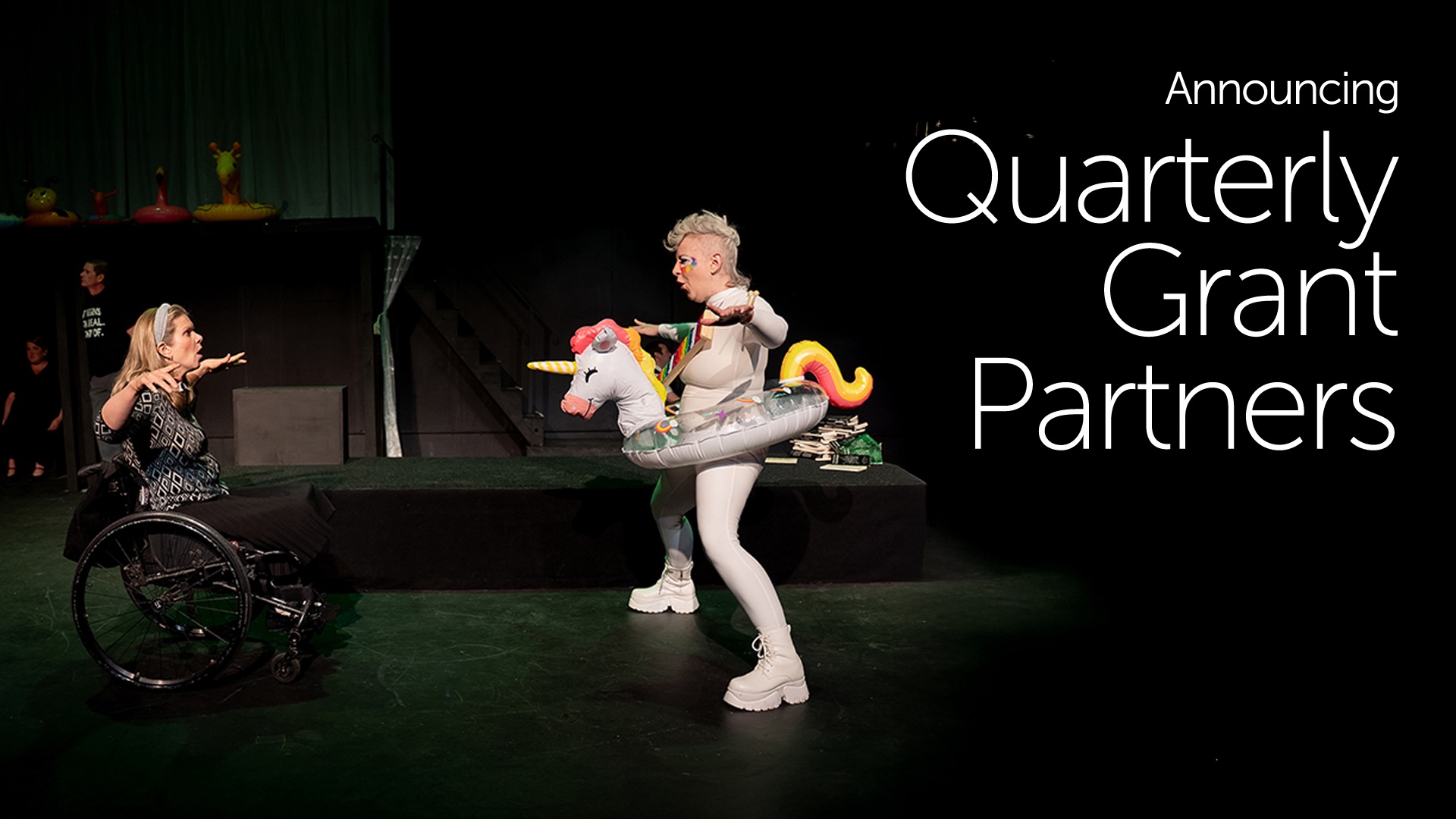

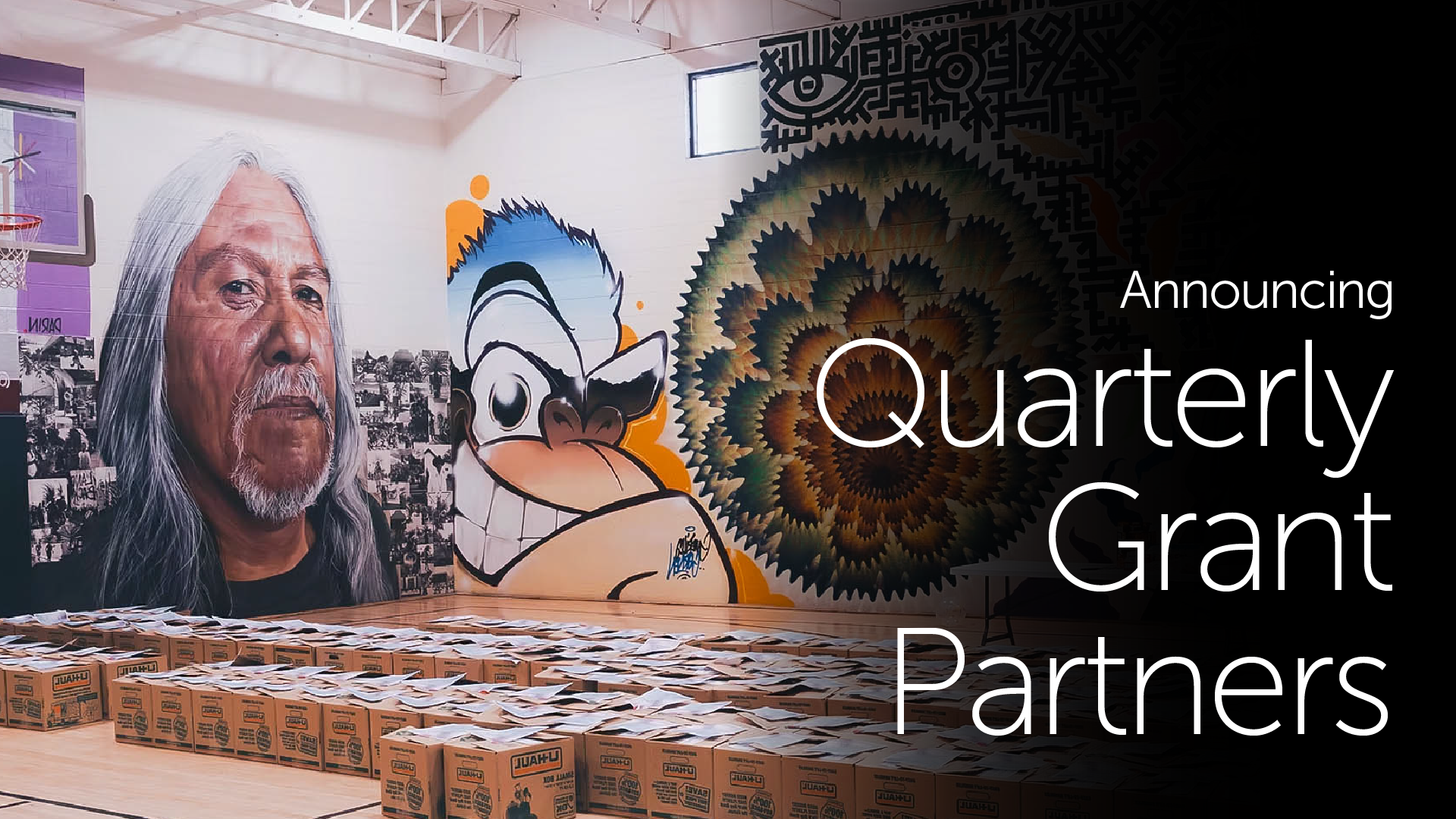

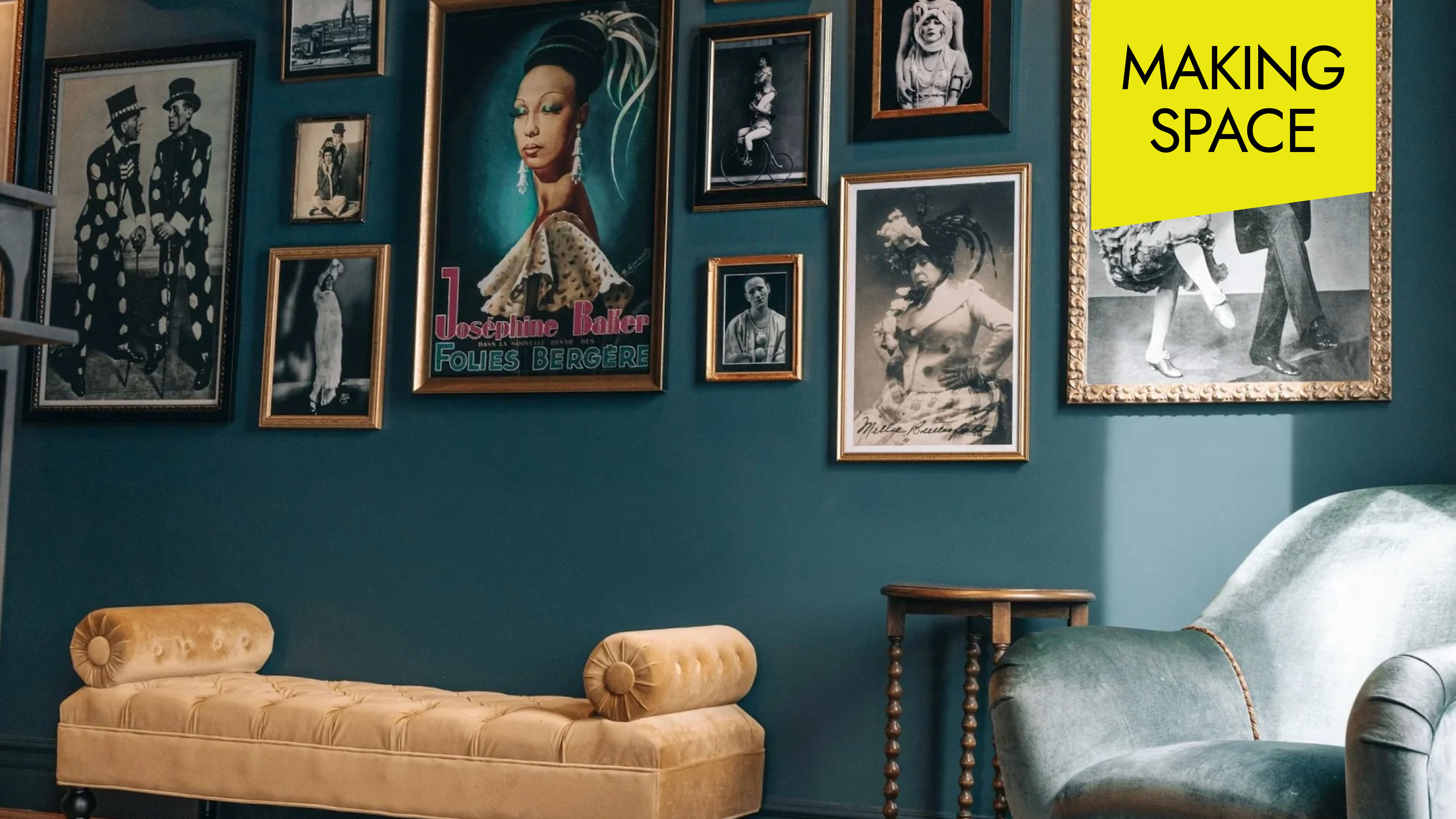
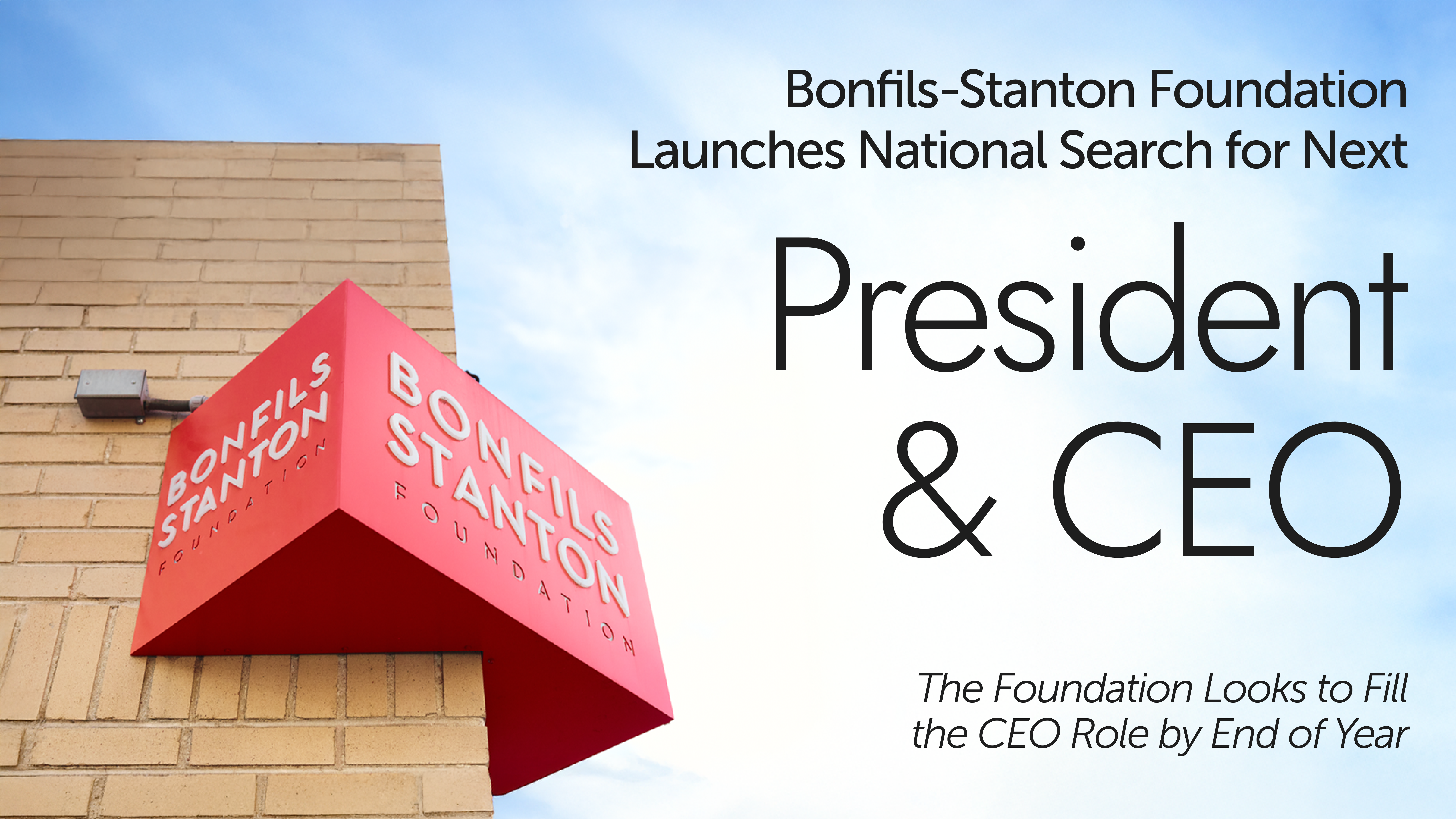

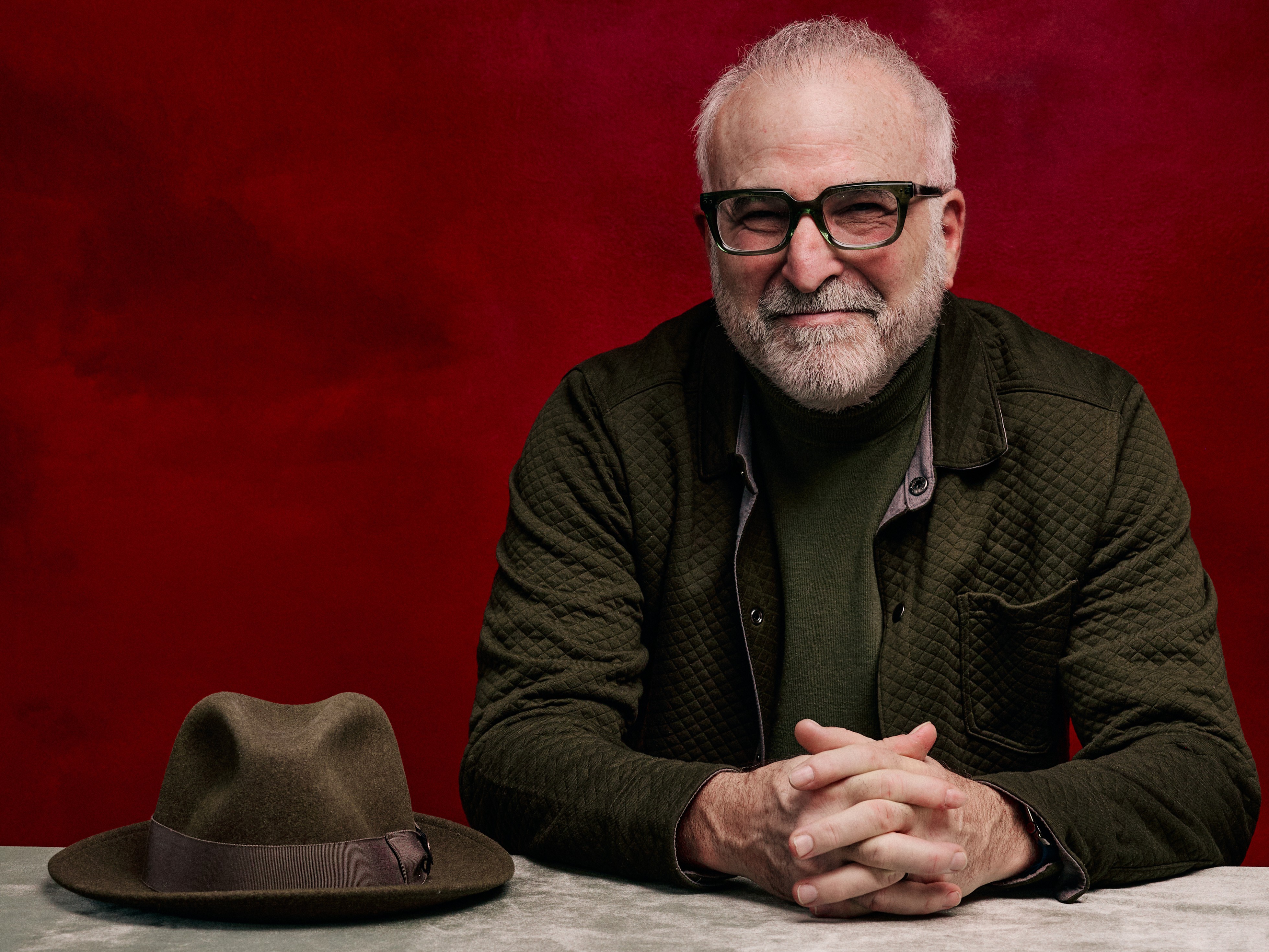

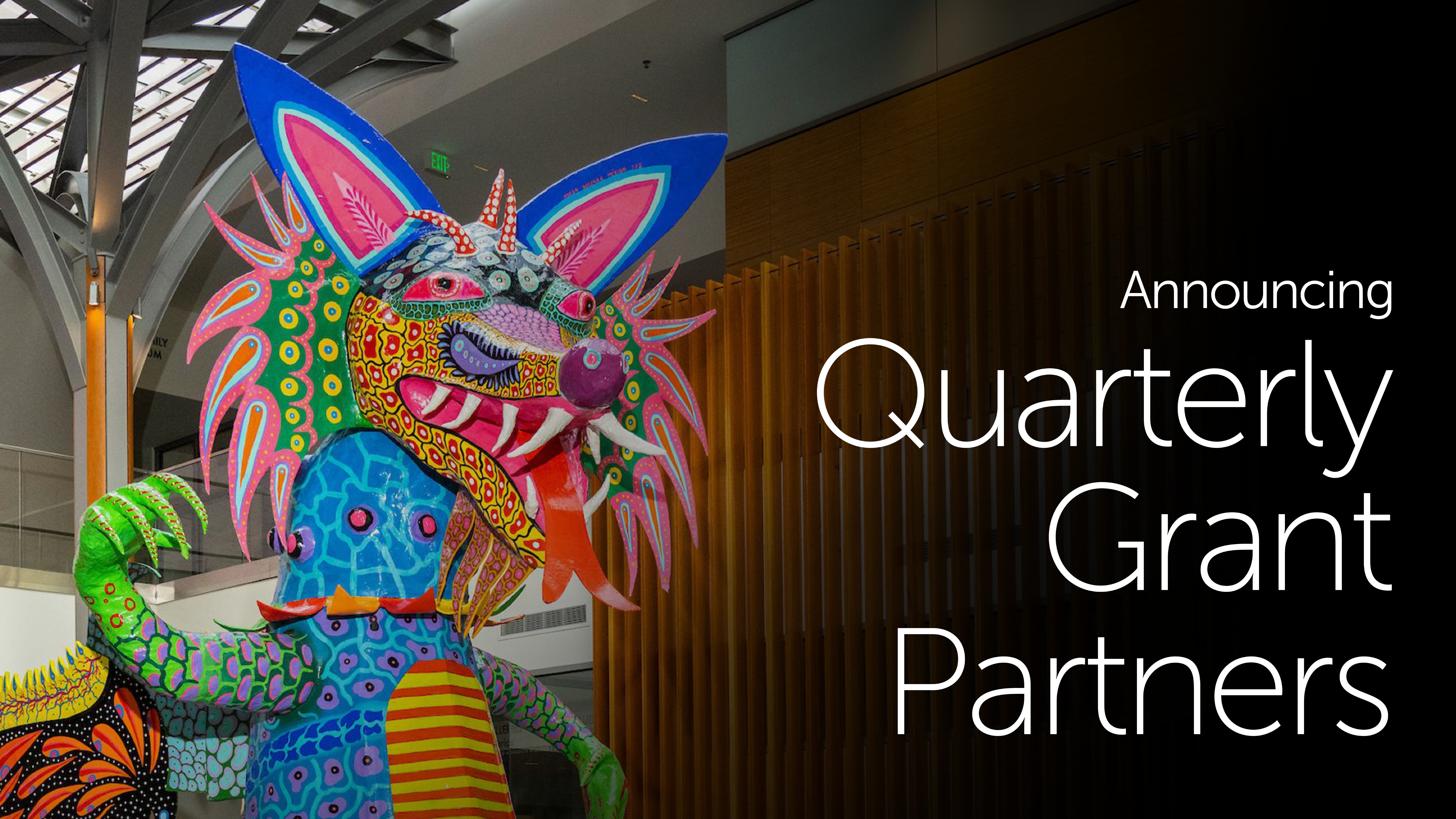
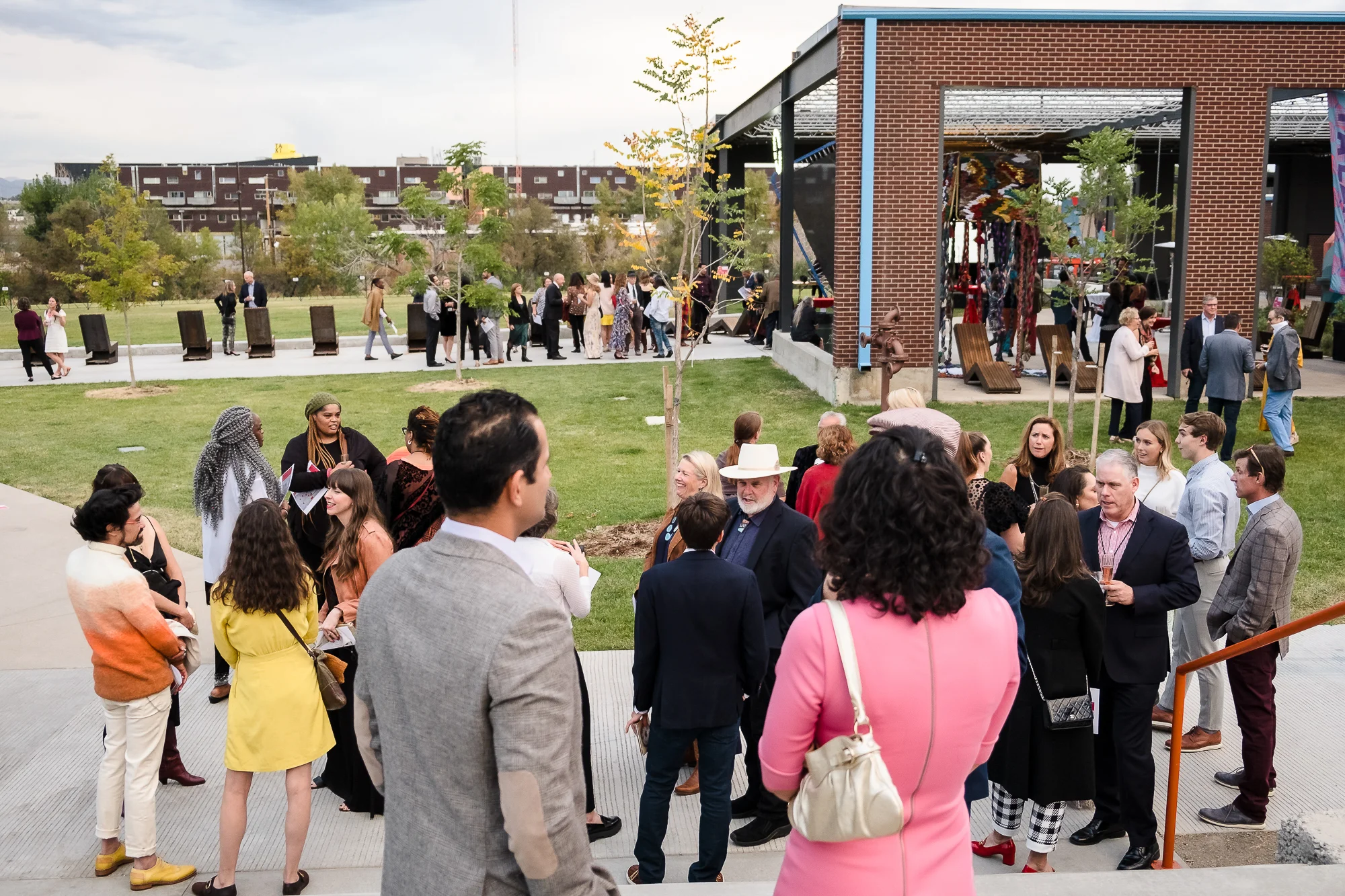
.png)








.png)










.jpg)
.png)








